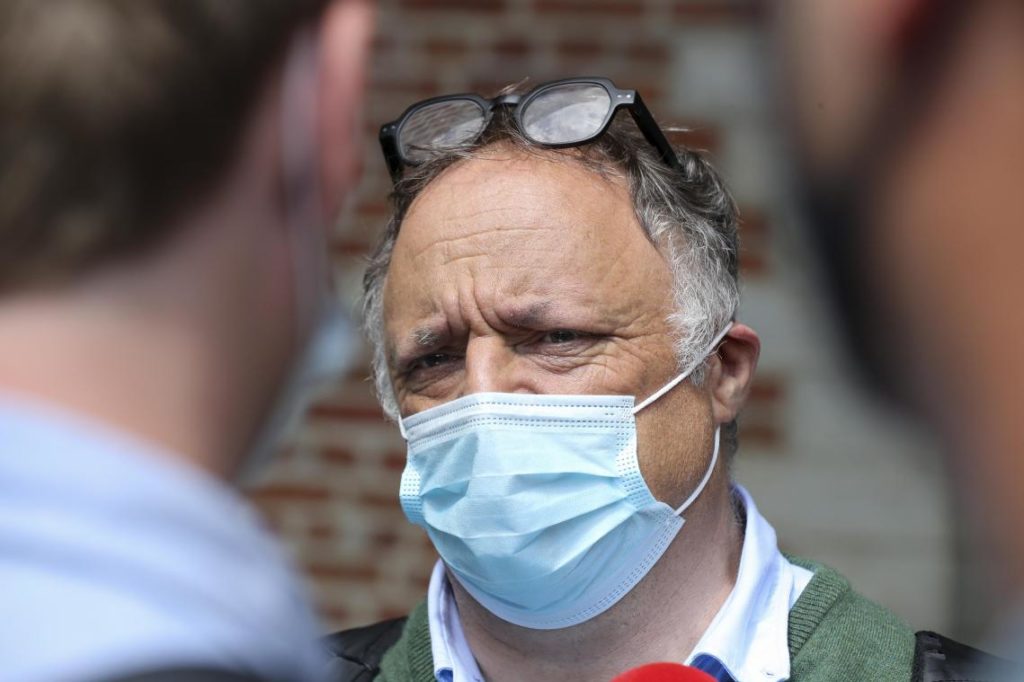It is important to monitor the Covid-19 situation in China closely, but there is no need to panic, virologist Marc Van Ranst said on Monday in a reaction to two new measures with which the federal government wants to monitor the development of new variants.
Following the flare-up of the virus in China, some European countries, including Spain and France, have already decided to admit Chinese tourists only if they can present a negative Covid-19 test. This is not yet necessary in Belgium, Health Minister Frank Vandenbroucke announced.
However, to detect new variants, Belgium is going to test wastewater from planes landing at Zaventem airport from China. “That’s not easy, but it can certainly be done,” Van Ranst said.
A new European consultation on the issue is scheduled for Tuesday and Wednesday.
Important to take samples from passengers
Doctors and pharmacists can also send test samples from people who have been in China in the past week and show symptoms to the reference laboratory. There, sequencing of the genome can be done.
“That way we can quickly find mutations if there are any,” said Van Ranst. “However, we won't immediately know how severe the mutations are from this analysis. That’s why it’s important to keep taking samples from passengers so we can keep monitoring them.”
“This is not the 2020 story,” Van Ranst added. “The variants now circulating in China originated with us. As a population, we are well-resistant to different versions within the omicron variant because of high vaccination coverage and increased immunity. The extra attention to the Chinese situation is good, but there is absolutely no need to panic or worry.”
Related News
- New study using smartwatches shows that Covid-19 boosters are safe
- Belgium to test excrement of airline passengers from China for Covid-19 variants
Federal Health minister Franck Vandenbroucke also noted on Monday during a press conference that while what is happening today in China is dramatic, the experts are "unanimous and practical."
"What is happening in China does not immediately put us at great risk here and now, thanks to the fact that we have vaccinated en masse," he noted.

